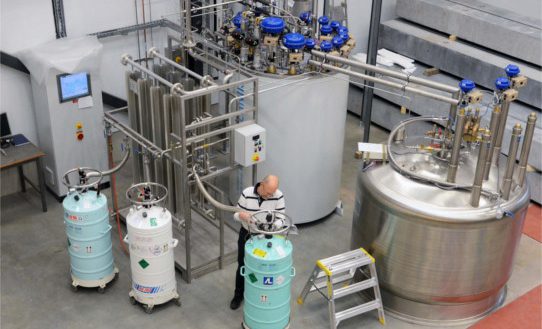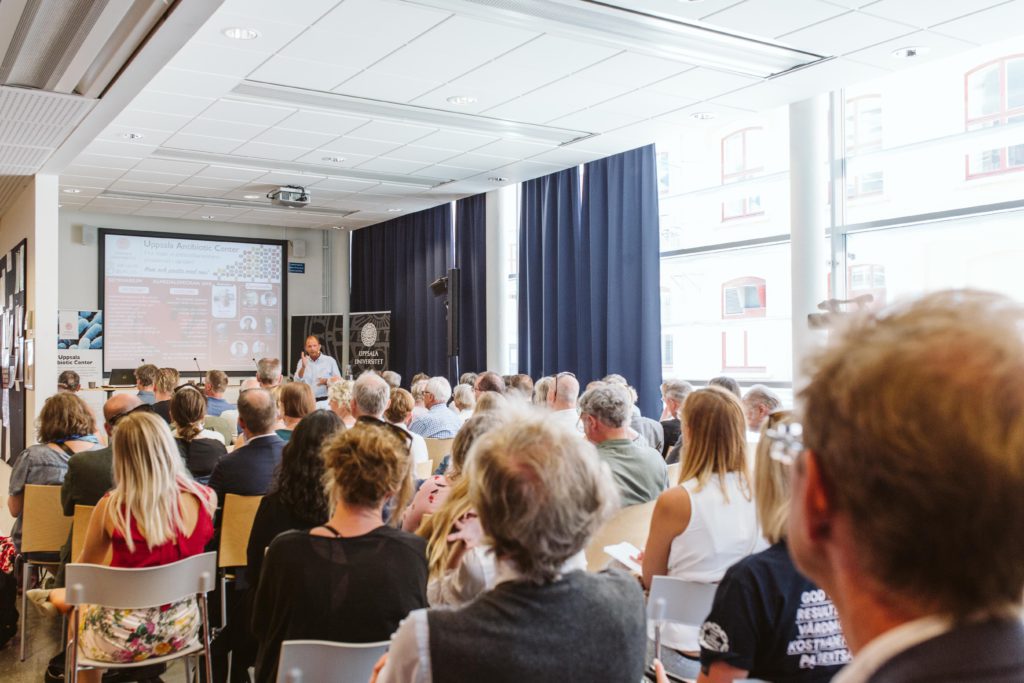Yesterday the government announced a number of measures in areas that are highly relevant to us. This included a welcome announcement that an inquiry is now being appointed to make proposals on the organisation, governance and financing of research infrastructure at national level.

Research infrastructure is a topic that has been raised repeatedly by Uppsala University and other stakeholders – research funding bodies, higher education institutions and companies – in input to the research bill and in public debate. As research has grown more dependent on increasingly expensive and advanced methods and equipment, infrastructure has become a make-or-break issue for Sweden as a research nation. This area is currently underfinanced and requires a comprehensive approach to issues of governance and responsibility. Here the Principals’ Council at the Knut and Alice Wallenberg Foundation and the Universities’ Reference Group for Research Infrastructures at the Association of Swedish Higher Education Institutions have already done much to coordinate and take responsibility, but to put a new system in place, our politicians need to get involved. In our own input, we proposed the following:
• Draw up an overarching national strategy for research infrastructure, together with an associated funding strategy.
• Create long-term prerequisites for technical environments at the interface between basic research and industry.
• Invest a further SEK 1 billion to meet Sweden’s research infrastructure needs.
• Strengthen the research infrastructure at SciLifeLab.
• Take a special initiative to coordinate the national actors in digital research infrastructure.
We have not yet seen the inquiry’s terms of reference, so we mustn’t get too carried away. The inquiry chair, former Minister for Education and Research Tobias Krantz, should be well acquainted with the views of both higher education institutions and industry on research infrastructure. It is vital that the inquiry strikes the right balance and does not neglect long-term basic research for the sake of short-term benefits. Given his background in the humanities and social sciences, Mr Krantz should be able to take the needs in those fields into account as well. These are sometimes forgotten in discussions of research infrastructure. It is also positive that the inquiry has instructions to propose the organisation of a system and various funding options. We look forward to following the work of the inquiry, whose final report is due on 31 May 2021.

Another measure announced by the government yesterday is that the role of higher education institutions in lifelong learning will be clarified in the Higher Education Act. It is not clear what this means in practice, nor is it obvious that legislation as such is the best means of promoting lifelong learning. It is important to recognise that much is already being done in this area. The higher education institutions offer plenty of opportunities through numerous freestanding courses in every field of knowledge. However, these are not specifically classified as opportunities for continuing professional development and are therefore often forgotten in the debate. Besides the regular range of courses they offer, higher education institutions also conduct a great deal of contract education, i.e. specially designed courses for specific target groups. Having said that, we are naturally happy to welcome more people who need to change their professional focus or supplement their knowledge. Our role in this is self-evident. A rapidly changing labour market means increasing needs for continuing professional development, and the coronavirus pandemic has intensified the need to adapt.
In this connection, the government is also proposing an amendment to “promote academic freedom”. Needless to say, this is a crucial issue. The consultation period for these proposed legislative amendments runs until 1 September, so we will come back to these issues.
